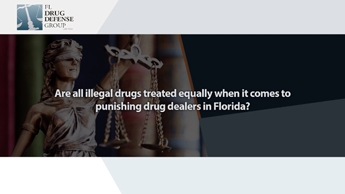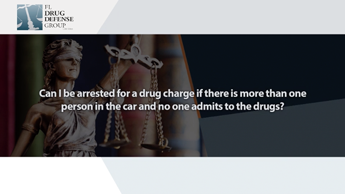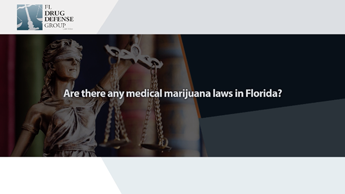What Does The CDC’s New Report About Antihistamines And Opioid Overdose Have To Do With Your Drug Case?

It seems like every time you open your favorite social media apps, people are sharing content about how a harmless substance you use every day is actually deadly or about how someone is conspiring to poison you and your loved ones. We will all be better off if you ignore 99 percent of this alarmist clickbait. Those Skittles in your kid’s trick or treat bucket contain tons of sugar but zero fentanyl. The Claritin that you take to manage seasonal allergies and the Benadryl that you sometimes take to help you sleep are also safe, over-the-counter drugs, but a new report by the CDC shows that a disproportionate number of opioid overdose victims in the years 2019 and 2020 were positive for antihistamines. This does not mean that, if you have antihistamines in your possession, police will automatically suspect you of possessing illegal drugs. It does serve as a scary reminder that drug interactions can happen outside of a medical setting, and when you provide drugs to someone, you don’t know what apparently harmless substance they have ingested that could interact with your drugs (so trustworthy, they came straight from a prescription bottle) in a way that could quickly turn into a medical and legal nightmare. If you are facing charges for illegal possession of prescription opioids, contact a Florida drug offense attorney.
Dangerous Interactions Between Antihistamines and Opioids
Earlier this month, the Centers for Disease Control and Prevention (CDC) issued a report that showed that an increasing number of opioid overdose victims were positive for over-the-counter antihistamines. Approximately 15 percent of fatal opioid overdoses in 2019 and 2020 were attributable to a combination of opioids and antihistamines. The CDC hypothesizes that antihistamines have an increasing presence in the drug supply as inexpensive alternatives to opioids. This is especially disturbing, because unlike respiratory depression caused by opioids alone, antihistamine-induced respiratory depression cannot be reversed by naloxone. While antihistamines alone cannot cause life-threatening respiratory depression unless they are taken in enormous quantities, they can have a multiplier effect when taken in combination with opioids.
Antihistamines as adulterants, where the users do not know that they are ingesting antihistamines and opioids at the same time, are only part of the problem. Some instances of dangerous interactions between opioids and antihistamines occur when the user has taken over-the-counter antihistamines for a medically recognized purpose, such as to treat seasonal allergies or itching from insect bites, and also taken opioids. The CDC notes that itching can be a side effect of long-term opioid use; this increases the risk of a person taking opioids and antihistamines at the same time.
Contact FL Drug Defense Group About Charges for Opioid Possession or Distribution
A Central Florida criminal defense lawyer can help you if you are facing charges for possession of opioids mixed with unknown adulterants, such as pills you bought online or a drug powder you bought from a dealer. Contact FL Drug Defense Group in Orlando, Florida to discuss your case.







